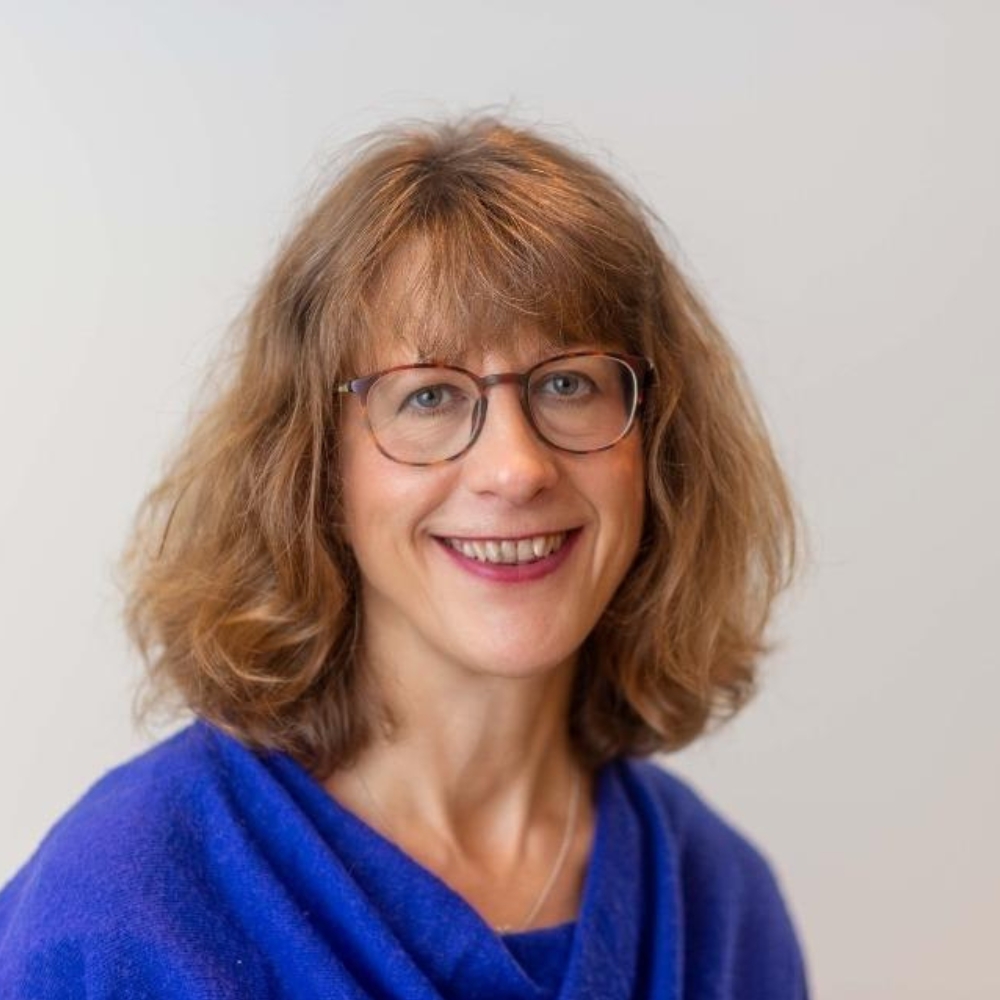Arts for Mental Health Advocacy network
Welcome to the Arts for Mental Health Advocacy network (AMHA). AMHA is an international, interdisciplinary network of artists and creative practitioners, advocates, researchers and people with lived experience of mental health conditions.
What are our aims?
- To unlock the potential of creative arts to promote dialogue and action on mental health and social justice
- To exchange learning on best approaches to using creative arts for engagement, dialogue, advocacy and activism for mental health
- To explore the potential of creative arts to support ethical, equitable and accessible approaches to research and advocacy.
- To develop contextually meaningful, participatory arts-based approaches to diversify representation within mental health advocacy and enable a plurality of voices and perspectives.
This network was established through our UKRI AHRC funded project "From representation to inclusion: Developing a network for mutual learning on the potential of creative arts for mental health advocacy in Ghana and Indonesia".
We worked alongside people with lived experience and artists in Ghana, Indonesia and the UK to explore the potential of creative arts to support advocacy and activism.
Researchers
Partners
Research questions
- How can the creative arts be used in advocacy and activism to promote social inclusion for people with psychosocial disabilities?
- What arts-based methods are acceptable, feasible and effective for engaging different groups?
- What methods work best in different contexts for creating safe spaces, facilitating dialogue across power imbalances, and enabling multiple perspectives?
Why did we do this research?
Human rights and involvement of people with lived experience
People living with mental health conditions commonly experience political, social and economic exclusion and have limited access to government support. They may experience confinement, restraint and other abuses within mental health services and traditional and faith healers.
Human rights campaigns often focus on freedom from abuse, rather than social, cultural, political and economic rights. Meaningful community participation and inclusion in areas such as education, work and housing, requires an intersectoral ‘whole of society’ approach, mobilising diverse stakeholders, including people with lived experience and their families, the general public, employers, health and social care providers and policy makers.
In recent years there has been growing involvement of people with lived experience in advocacy and activism in the global South. However, there is a risk of tokenistic representation and established hierarchies may prevent meaningful participation.
An emphasis on ‘success stories’ to combat stigma can ignore challenges and fluctuations in living with serious mental illness and silence experiences which do not fit with this trajectory. Goals, priorities and approaches are often shaped by external donors and NGOs and use languages and terminology which can reproduce knowledge hierarchies and make them less locally relevant. For example, experiences framed within psychiatric terminology may gloss over important contextual and socio-cultural differences. This includes valued spiritual and religious perspectives, as well as the impact of social and structural determinants.
Arts in mental health advocacy
There is growing evidence for the value of arts, including storytelling, music, drama, spoken word and film, in promoting social inclusion and reducing stigma. However there has been limited engagement of creative artists in mental health advocacy in the global South with arts used primarily for therapy or income generation rather than to promote dialogue and activism.
Creative arts can create safe spaces to facilitate dialogue, challenge perceptions, stimulate empathy and disrupt power dynamics. They can also enable expression of counter narratives and approach sensitive topics indirectly. Our aim is to promote mutual learning between people with lived experience, researchers and artists on best practices in using creative arts to foster solidarity, allyship and action within and across diverse political and socio-cultural settings.
We are focusing on five areas:
- International and inter-disciplinary exchange: There is limited international knowledge exchange related to using arts in mental health advocacy, particularly between countries in the global South, and no international guidance on best practices. Arts-based projects are generally short-term and externally funded as part of research dissemination or public engagement, rather than embedded in local organisations
- Methods: There is huge diversity of creative practice however very little is known about which methods work best for engaging different groups in differing contexts
- Language: There is confusion around acceptable language in relation to mental health, and at times artists may use stigmatising or inappropriate terminology. There is also a need to identify preferred terminology in different languages
- Representation: Advocacy campaigns can reproduce stigmatising stereotypes. We facilitate dialogue on representation between people with lived experience, artists and researchers
- Safeguarding: There is a need to consider safeguarding in working with people with lived experience in arts-based mental health advocacy, including confidentiality, whilst enabling choice and agency and avoiding assumptions of impaired capacity. Issues include, potential triggering effects, adapting methods to be inclusive of differing and fluctuating needs, and support to consider risks and benefits of revealing or concealing identity.
Activities
- Group workshops with people with lived experience, artists and researchers in Ghana and Indonesia
- Visit of lived experience advocates and artists from Ghana and UK to meet with counterparts in Indonesia
- ‘A Visual Symphony for Mental Health’ – a public performance in Yogyakarta, Indonesia featuring drama, music and narratives created by people with lived experience
- Meeting with stakeholders in Yogyakarta, Indonesia to share lived experience narratives and artworks




